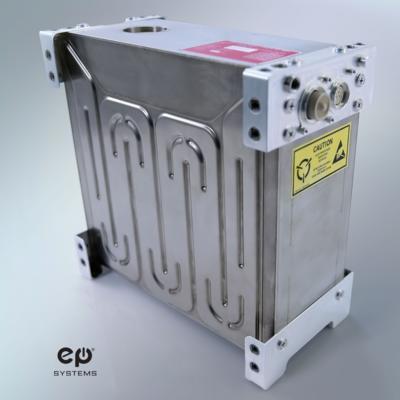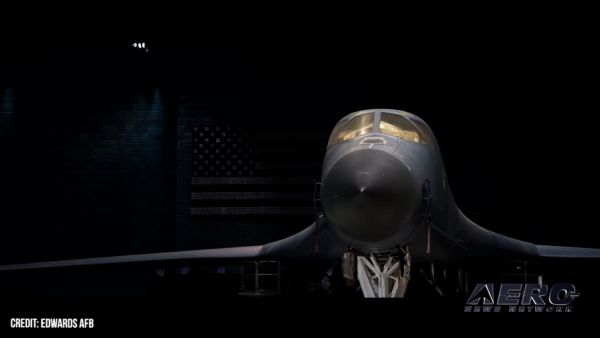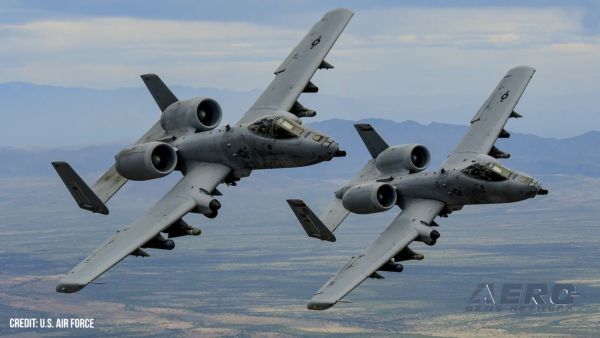Fri, Apr 19, 2024
Advertisement
More News
 ANN's Daily Aero-Term (09.17.24): Instrument Approach Procedure (IAP) Charts
ANN's Daily Aero-Term (09.17.24): Instrument Approach Procedure (IAP) Charts
Instrument Approach Procedure (IAP) Charts Portray the aeronautical data which is required to execute an instrument approach to an airport. These charts depict the procedures, incl>[...]
 Aero-News: Quote of the Day (09.17.24)
Aero-News: Quote of the Day (09.17.24)
“Our industry is approaching a 30-year innovation cycle, and we have less than 25 years to decarbonize aviation. We need to develop new methods to get net zero aerospace tech>[...]
 Airborne 09.16.24: Bristell Shooting, EAA v FAA, Boeing Strike!
Airborne 09.16.24: Bristell Shooting, EAA v FAA, Boeing Strike!
Also: Girls in Aviation Day, B-29 Doc Heads 4 Chino, C-17 Tail Cone Detaches, Bulgaria Airshow Accident One of two private aircraft that launched from Apatity Airport near Murmansk>[...]
 Classic Aero-TV: CubCrafters NX Cub-A Stunning Effort To Build The Perfect Cub'
Classic Aero-TV: CubCrafters NX Cub-A Stunning Effort To Build The Perfect Cub'
From 2021 (YouTube Version): We Were Blown Away At How Well The Nosewheel Was Adapted To The X Cub Airframe It should not be a secret to any one of you, that with thousands of hour>[...]
 Airborne 09.18.24: Boom XB-1 3rd Test, DJI Ban, SubSonex To EAA Museum
Airborne 09.18.24: Boom XB-1 3rd Test, DJI Ban, SubSonex To EAA Museum
Also: Volato Nixed by Honda, New B-21 Bases, A-10 Unit Inactivated, Gogo/Airshare Boom Supersonic announced its demonstrator aircraft XB-1 successfully completed its third test fli>[...]
blog comments powered by Disqus





